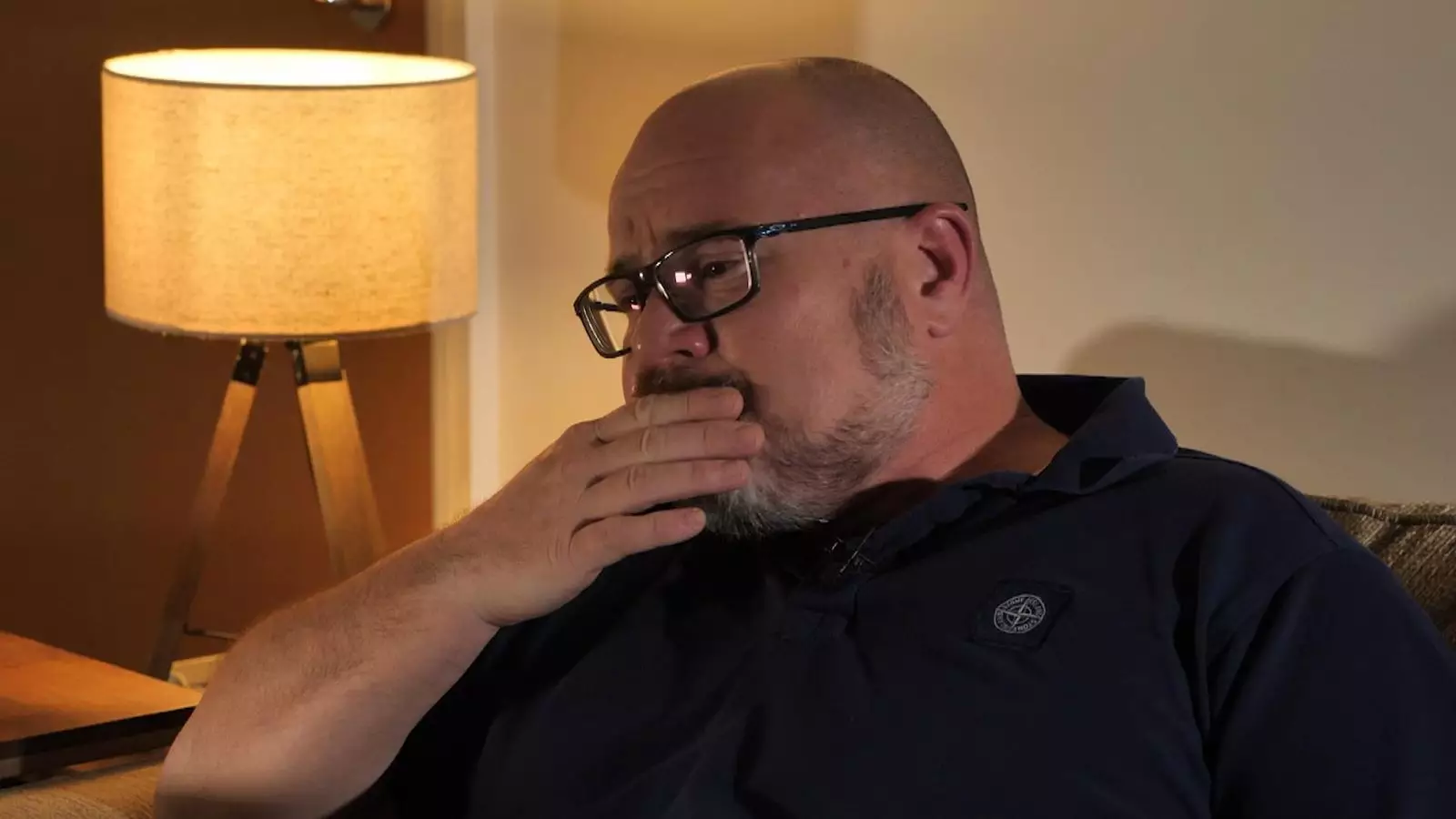The infected blood scandal, one of the most devastating healthcare crises in the UK, casts a long shadow over the lives of those affected. Beginning in the 1970s and extending into the 1980s, thousands of patients received contaminated blood products, leading to horrific health outcomes, including severe infections such as HIV and hepatitis C. To date, over 3,000 individuals have succumbed to related illnesses as a direct consequence of this tragedy. Families continue to experience unrelenting grief, a sentiment echoed strongly among the relatives of the victims. In the wake of a public inquiry that concluded last year, the establishment of the Infected Blood Compensation Authority (IBCA) aimed to manage compensation for the victims and their families. However, pent-up frustrations are coming to light as the victims’ families claim the government’s proposed compensation scheme falls woefully short.
As discussions surrounding the compensation scheme evolve, families express a pervasive sense of exclusion. They argue that current eligibility guidelines are narrow and fail to adequately capture the complexities of their suffering. A key point of contention is that the current compensation framework provides eligibility for siblings primarily through limited criteria: living in the same household as an infected individual, serving as a carer, or being entitled to property owned by the deceased relative. Such restrictions are perplexing to many, including Richard Newton, who lost his brother Mark to AIDS in 1989. Richard’s compelling narrative reveals how deeply intertwined familial bonds are severed by tragedy, making the criteria for compensation seem insufficient and lacking empathy.
Richard recounts the fear and bullying he endured as a young boy following his brother’s death, illuminating the emotional and psychological scars left in the wake of this scandal. He articulates a palpable frustration with the government, stating, “We’re being given the silent treatment. We’re being swept under the rug.” His testimony mirrors the sentiments of many who feel marginalized by the very system designed to support them.
The psychological impact of traumatic loss is not confined to childhood; it can extend into adulthood, as evidenced by Richard’s ongoing struggles. The disclosure of his experiences in therapy underscores a critical point: trauma has lasting effects that can shape one’s entire existence long after the initial suffering has passed. The nuances of each family’s narrative can easily become lost in bureaucratic frameworks that fail to accommodate the complex realities of grief and loss. Richard asks a poignant question that encapsulates the frustration felt by so many: “Does my brother stop becoming my brother in under two years?” This kind of questioning reflects a deeper yearning for recognition and validation, emphasizing that grief and familial connections do not adhere to arbitrary timelines.
Professional voices in the realm of legal advocacy caution against the insensitivity of the current guidelines. Des Collins, a senior partner at Collins Solicitors representing over 1,500 victims, has articulated the need for careful consideration of regulations governing compensation. He advocates for a systematic review that could adjust the parameters to reflect the experiences of individuals like Richard more accurately. Acknowledging the government’s tentative plans to reassess the provisions, Collins highlights an important reality: without a concerted effort to incorporate the voices of those affected, the compensation scheme risks perpetuating feelings of disenfranchisement.
A government spokesperson’s acknowledgement that “no amount of compensation can fully address the suffering” underscores the limitations of any financial remedy. However, this statement raises additional questions about the government’s commitment to truly understanding and addressing the multifaceted pain caused by the infected blood scandal. The families demand transparency, compassion, and a holistic approach to compensation—one that captures the lived experiences of the victims and acknowledges the deep-rooted familial connections impacted by the tragedy.
As the clamoring for reform continues, it is imperative that the voices of the victims’ families resonate in discussions regarding compensation. Transforming the guidelines to encompass the true breadth of suffering that this scandal has inflicted could foster healing and trust in a system perceived as indifferent. The ongoing dialogue serves as a reminder that compensation must reflect not just the loss of life, but the enduring impact on those who remain. Returning dignity and recognition to families affected by the scandal may well serve not just as restitution, but as an essential step towards national healing and accountability.


Leave a Reply